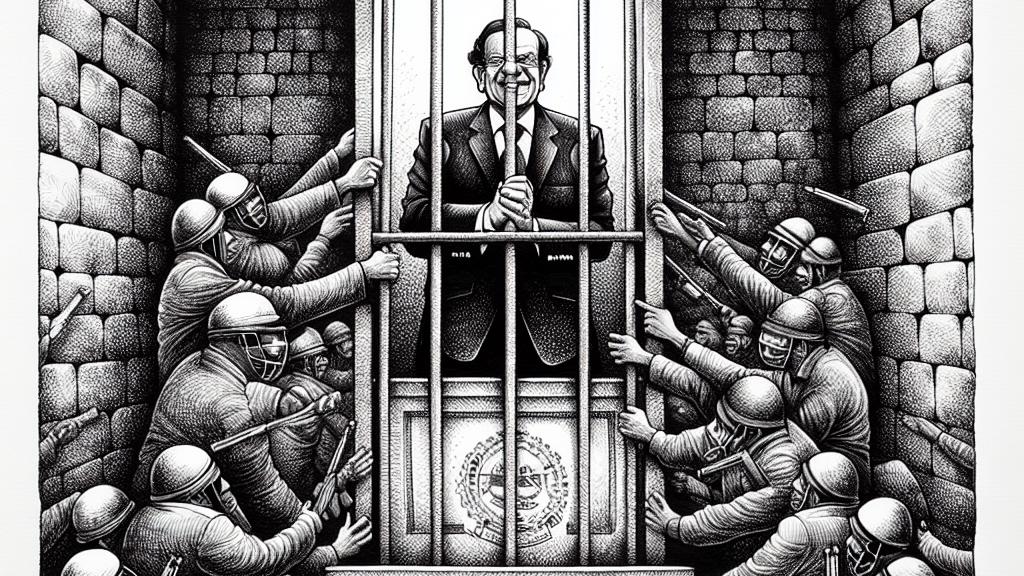Imran Khan's Bid for Oxford Chancellor: A Political Comeback or a Ceremonial Affair?
Overview
- Imran Khan, the imprisoned former Prime Minister of Pakistan, eyes the chancellorship at the University of Oxford, a bold political statement.
- His application reflects his ongoing struggles with the Pakistani political system and legal challenges, raising questions about his future influence.
- Should he win, Khan could make history as the first chancellor of Asian descent, showcasing the global reach of his legacy.

A Unique Application from Prison
In an unprecedented move, Imran Khan has applied for the chancellorship of the University of Oxford while currently incarcerated, where he has been for over a year on charges he claims are politically motivated. This application is more than just a personal goal; it serves as a significant statement regarding his enduring connection to the university, which he attended in 1975. Khan’s spokesperson emphasizes that the chancellorship is viewed as a prestigious role that could provide a platform for Khan to regain international visibility amidst his legal battles. This bold endeavor resonates with his supporters as it shows his unwillingness to fade from the public eye, encapsulating both his past achievements as a cricket icon and his current challenges as a political figure.
Navigating Political Turmoil
Khan's candidacy is firmly rooted in the complicated political landscape of Pakistan, characterized by his recent ousting from the prime ministership in 2022 and subsequent legal difficulties. His supporters argue that being elected as chancellor not only reflects personal resilience but also embodies a larger movement for representation and recognition for Pakistan and Asia on a prominent global stage. However, the timing of his campaign has drawn criticism from opposition parties, who see it as a distraction from pressing national issues, including economic instability and governance challenges under the current coalition government that has reportedly sidelined his political party. This dynamic raises important questions about political legitimacy, representation, and the ability of former leaders to navigate adversity.
Shaping Leadership and Legacy
As the electoral race for the Oxford chancellorship unfolds, the implications of Khan’s bid extend well beyond his personal ambitions. If he were to secure this ceremonial position, it could revitalize his political narrative and empower his supporters at home, instilling a sense of hope while navigating a restrictive political landscape marked by exclusion from power. Furthermore, Khan's victory would make him the first chancellor of Asian descent, setting a precedent for diversity in leadership roles within elite educational institutions. This moment could spark broader discussions on the inclusivity of global leadership and serve as an inspiration for future generations in Pakistan and beyond, making Khan's campaign not just a fight for personal restoration but a potential catalyst for change in perceptions of leadership across borders.

Loading...